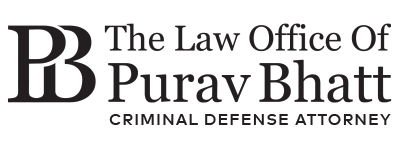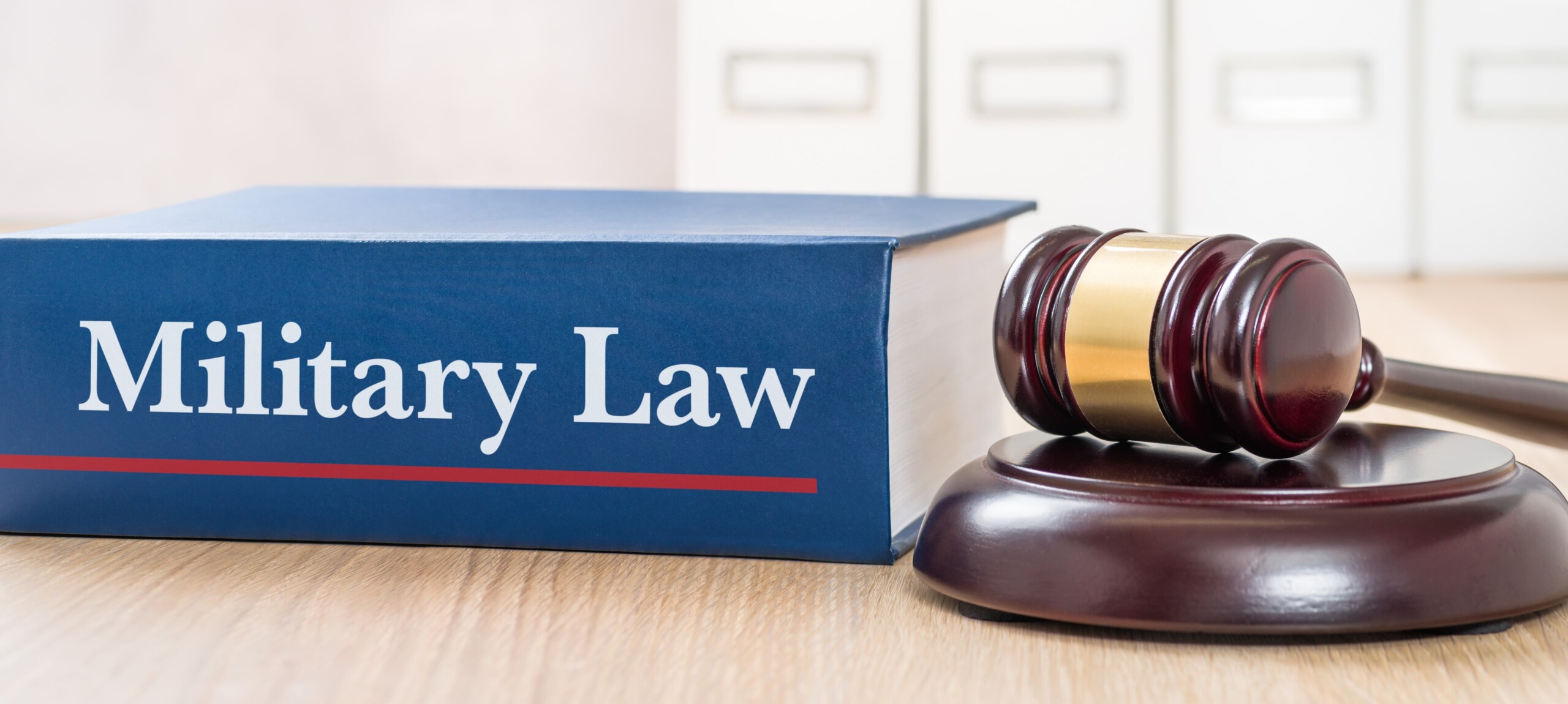Facing a military assault charge is not just a threat to your freedom—it’s a direct challenge to your military career, benefits, and reputation. A conviction can lead to imprisonment, reduction in rank, forfeiture of pay, dishonorable discharge, and lifelong consequences that extend far beyond your time in uniform. Unlike civilian courts, the military justice system is uniquely complex and unforgiving, demanding a precise and strategic legal response.
In this blog, we explore the full scope of the penalties associated with a military assault conviction and explain why having a dedicated military defense attorney is critical to safeguarding your rights, your service record, and your future.
Key Takeaways
- A military assault conviction can lead to severe consequences, including bad conduct discharge, confinement, and loss of military benefits that can adversely affect future job prospects and personal lives.
- Understanding the types of assault under military law and their escalating penalties emphasizes the need for a strong defense strategy to mitigate serious repercussions.
- Engaging an experienced military defense attorney early in the legal process is critical for protecting rights, developing effective defense strategies, and improving outcomes in court-martial cases.
At The Law Office of Purav Bhatt, we understand that military assault charges don’t just jeopardize your freedom—they endanger your rank, benefits, and lifelong standing in the armed forces. Led by attorneys Purav Bhatt and Anthony Villalobos, our firm brings years of courtroom experience and in-depth knowledge of the Uniform Code of Military Justice to every case we handle. We have represented service members across all branches and installations, including Fort Bragg, Fort Hood, and Fort Bliss, and we know how to develop tailored legal strategies that safeguard your rights and career.
If you or someone in uniform is facing a military assault allegation or any charge under the UCMJ, do not take on the military justice system alone. Contact our Chicago office at 773-791-9682 or submit a request online to schedule your confidential consultation. Our experienced military lawyers are here to help you protect your future and navigate every stage of your military defense with precision and dedication.
👉Also Read: How to Choose the Right Military Criminal Defense Attorney: Key Questions
The Life-Altering Consequences of a Military Assault Conviction
A conviction for military assault is not just a blemish on one’s record; it can be a life-altering event. One of the most immediate and severe consequences is a bad conduct discharge, which can greatly tarnish an active duty service member’s reputation and future prospects. Such a discharge can dismantle years of dedicated service, leaving a permanent scar on one’s personal and professional life.
Confinement is another significant repercussion. Service members found guilty of assault may face substantial periods of confinement, ranging from three months for simple assault to up to ten years for aggravated assault. This not only affects their personal freedom but also disrupts their lives and families, creating a ripple effect of hardship and instability.
The financial consequences are equally dire:
- A conviction can lead to the forfeiture of all pay and allowances.
- It may prevent service members from receiving veterans’ benefits, severely impacting their post-service life.
- Such a conviction can block future career opportunities, making it difficult to secure employment both within and outside the military.
Potential punishments for military assault convictions include:
- Dishonorable discharge
- Loss of military benefits
- Years of confinement
- A permanent criminal record for military offenses
These consequences underscore the importance of a robust defense strategy to mitigate the impact on one’s life and career.
👉Also Read: DUI and Drug Offenses in the Military: Consequences and Legal Defenses Explained
Types of Assault Under Military Law
Under the Uniform Code of Military Justice (UCMJ), specifically Article 128, assault is categorized into several distinct offenses, each carrying its own legal implications and potential penalties. These offenses are taken seriously within the military justice system and can have far-reaching consequences on a service member’s career and personal life.
1. Simple Assault
Simple assault involves attempts or threats to inflict bodily harm without physical contact or the use of a weapon. Although often perceived as a minor offense, simple assault is still a punishable violation under the UCMJ. Consequences may include confinement, forfeiture of pay, and administrative actions that can adversely affect a service member’s standing and future in the military.
2. Aggravated Assault
Aggravated assault is a more serious charge that involves either the infliction of substantial bodily harm or the use of a dangerous weapon. Situations where the victim is under the age of 16 or where a weapon is used to threaten or injure significantly increase the severity of the offense. The penalties for aggravated assault are considerably harsher and may include extended confinement, reduction in rank, and a dishonorable discharge.
3. Assault Consummated by Battery
This type of assault involves intentional and unlawful physical contact with another person, including acts such as hitting, shoving, or any form of unwanted touching that results in harm or is meant to provoke. Even seemingly minor physical altercations can result in serious charges under the UCMJ, especially when they occur in a military setting or involve a superior officer.
Each category of assault under military law comes with its own set of evidentiary standards and procedural complexities. Navigating these charges requires a thorough understanding of military legal protocols and the strategic defense of an attorney well-versed in courts-martial proceedings. Whether the allegation involves a simple altercation or a charge of aggravated sexual assault, legal representation is crucial to ensure the service member’s rights are protected at every stage of the process.
Legal Standards for Military Assault Cases
In military assault cases, the legal standards the prosecution must meet are stringent and designed to protect the rights of the accused. The prosecution bears the burden of proof, meaning they must provide compelling evidence that eliminates any reasonable doubt about the defendant’s guilt. This high standard ensures that service members are presumed innocent until proven guilty.
For the prosecution to secure a conviction, their evidence must be strong enough to convince all jury members of the defendant’s guilt beyond a reasonable doubt. If the prosecution fails to meet this burden, the result will be an acquittal, and the accused will walk free. This principle underscores the importance of having a competent defense team that can effectively challenge the prosecution’s evidence and arguments, especially in cases involving criminal prosecution.
The military justice system places a heavy emphasis on fairness and due process. This means that every piece of evidence presented by the prosecution must withstand rigorous scrutiny by the defense. The role of experienced military defense attorneys is crucial in this regard, as they ensure that the rights of the accused are preserved and that justice is served.
Escalating Penalties Based on Severity
Penalties for military assault convictions under the Uniform Code of Military Justice (UCMJ) increase significantly depending on the nature of the offense and the circumstances surrounding the incident, particularly the victim’s status and the use of a weapon.
For simple assault, which involves either an attempt or threat to cause bodily harm without aggravating factors, the punishment can include confinement for up to three months, forfeiture of two-thirds pay for three months, and other administrative repercussions. Although considered a lower-level offense, a conviction can still leave a lasting mark on a service member’s record.
However, the consequences become far more severe when aggravating elements are present. Assault involving a victim under the age of 16 or the use of a dangerous weapon constitutes an elevated charge, often referred to as aggravated assault. In such cases, penalties may include up to ten years of confinement, total forfeiture of pay and allowances, reduction in rank, and a dishonorable discharge. These outcomes not only end a military career but also impact civilian opportunities, including future employment and access to veterans’ benefits.
In addition to punitive measures imposed by court-martial, service members may also face administrative actions, such as separation proceedings, letters of reprimand, or placement on a control roster. These consequences, even in the absence of a formal conviction, can be career-ending and may result in a less-than-honorable discharge that follows the individual long after military service ends.
Given the escalating nature of these penalties, it is critical for any service member facing assault charges to seek skilled legal representation. An experienced military defense attorney can assess the specific circumstances of the case, develop a tailored defense strategy, and advocate for the best possible outcome to safeguard the service member’s rights, reputation, and future.
The Court-Martial Process for Assault Charges
The court-martial process for assault charges under the Uniform Code of Military Justice (UCMJ) is a structured and multi-phase procedure designed to ensure due process. Each stage carries significant legal implications and requires careful preparation.
Investigation
The process typically begins with an investigation conducted by military law enforcement agencies, such as the Criminal Investigation Division (CID) or Naval Criminal Investigative Service (NCIS). This investigation gathers evidence, interviews witnesses, and establishes the foundation for potential charges.
Preferral of Charges
If sufficient evidence exists, the service member’s commanding officer may formally prefer charges. This step initiates the legal proceedings and signifies the military’s intent to pursue disciplinary action.
Article 32 Preliminary Hearing
In cases proceeding to a general court-martial, an Article 32 hearing—comparable to a civilian grand jury proceeding—is conducted. The purpose of this hearing is to:
- Determine whether a crime has been committed,
- Assess if there is probable cause to believe the accused committed the offense,
- Evaluate the strength of the government’s case, and
- Recommend whether the charges should proceed to trial.
Based on the hearing officer’s findings and recommendations, the Convening Authority decides whether to refer the case to a court-martial.
Trial Phase
At trial, the accused has the right to choose between a trial by a military judge alone or by a panel of military members (similar to a jury). The government presents its evidence, followed by the defense. If the accused is found guilty, sentencing usually follows immediately. Both the prosecution and defense may present evidence and argument during the sentencing phase.
Post-Trial Review and Clemency
After sentencing, the case is reviewed by the Convening Authority, who may grant clemency or reduce the sentence, though such outcomes are rare. The accused also retains the right to appeal to higher military appellate courts, depending on the severity of the sentence.
Given the high stakes at each stage of the court-martial process—from investigation through sentencing and appeal—it is crucial to be represented by a qualified military defense attorney. A strong legal defense can help mitigate charges, challenge evidence, and safeguard the accused’s rights and future within or beyond military service.
Importance of Early Strategic Defense
Engaging a military defense attorney early in the process can make a significant difference in the outcome of a case. Early legal representation helps in:
- Understanding legal options and rights
- Developing an effective defense strategy
- Avoiding severe penalties
- Improving the chances of a favorable outcome
This proactive approach is beneficial for the overall case.
Well-prepared military defense attorneys provide critical support during the preliminary investigation, ensuring that the rights of the accused are protected from the very beginning. The guidance and expertise of experienced military defense lawyers can significantly alleviate the stress and uncertainty that service members face during legal proceedings, including military investigations and trial defense services.
The crucial role of early strategic criminal defense cannot be overstated. By involving a skilled defense attorney at the earliest opportunity, military service members can navigate the complexities of the military justice system more effectively and with greater confidence.
Why You Need an Experienced Military Defense Attorney
Facing assault charges under military law is not only a threat to your freedom, but also to your military career, benefits, reputation, and future opportunities. The military justice system operates under a distinct set of rules and procedures, most notably the Uniform Code of Military Justice (UCMJ), which differ significantly from civilian criminal courts. As such, service members accused of assault must be represented by a defense attorney who understands the unique demands of military law and the inner workings of courts-martial.
An experienced military defense attorney brings essential value to your case in the following ways:
In-Depth Knowledge of the UCMJ: Military attorneys have specialized training and practical insight into Articles 128 and related provisions of the UCMJ. They understand how these laws are interpreted and applied in various jurisdictions and commands, which is critical when challenging charges or negotiating reduced penalties.
Strategic Case Preparation: A seasoned defense lawyer will conduct a thorough review of the evidence, including witness statements, forensic reports, and procedural records. They can identify weaknesses in the prosecution’s case, suppress unlawfully obtained evidence, and present mitigating factors that support your defense.
Advocacy at Every Stage: From the investigative phase and Article 32 hearing through the court-martial trial and post-trial proceedings, a military defense attorney will protect your rights, provide guidance on procedural choices, and advocate forcefully on your behalf.
Minimizing Long-Term Consequences: A conviction for military assault can lead to dishonorable discharge, confinement, forfeiture of pay, and lifelong stigma. A qualified attorney can often help reduce charges, negotiate favorable terms, or even achieve case dismissal, helping you preserve your military status and personal record.
Support Beyond the Trial: Legal representation does not end at sentencing. Experienced attorneys assist with appeals, clemency petitions, and administrative actions, ensuring comprehensive support throughout the legal process.
In a system where the stakes are high and the rules are complex, navigating a military assault charge without the guidance of a knowledgeable civilian defense attorney can be detrimental. Retaining a legal advocate who has successfully handled similar cases is essential to achieving the best possible outcome and safeguarding your rights, career, and future.
👉Also Read: Bridging Civilian and Military Justice: How a Military Defense Attorney Can Protect Your Future
Protect Your Future with the Dedicated Defense Team at The Law Office of Purav Bhatt
If you are facing military assault charges, the stakes could not be higher—for your freedom, your military career, and your future beyond service. At The Law Office of Purav Bhatt, our military defense attorneys bring extensive experience and deep knowledge of the Uniform Code of Military Justice to every case. Led by Purav Bhatt and Anthony Villalobos, our team is committed to providing comprehensive, strategic legal representation tailored to the unique complexities of military law.
Navigating the court-martial process requires precision, expertise, and early intervention. Our attorneys will rigorously review your case, challenge the evidence, and advocate fiercely on your behalf to protect your rights and minimize the consequences you face.
Don’t wait to take action. Contact The Law Office of Purav Bhatt today to schedule a confidential consultation. We are here to stand with you through every phase of your defense and to help safeguard your future with unwavering dedication.







